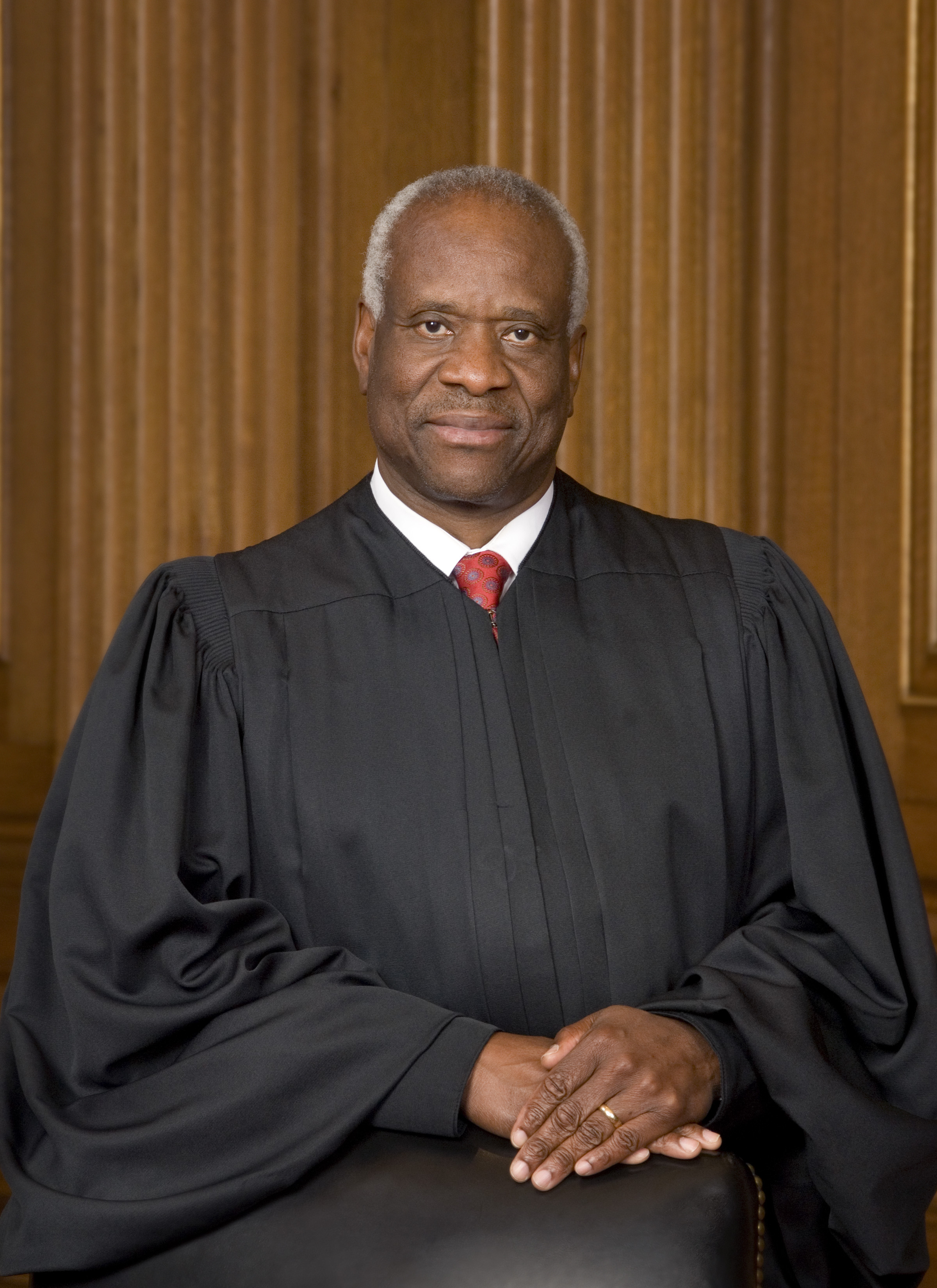Successful people face a common difficulty, which is answering the question ‘what’s next?’. This question is simply a part of life for most people, but it leads to a true identity question in young African American men in particular. This is due to a number of reasons, but not in the least because black men have so very few role models to model their career on. While there are the likes of Charles E Phillips Infor CEO, and Ursula Burns, Xerox CEO, these are no longer truly young. And even older African Americans are significantly underrepresented in positions of leadership.
Take the last two centuries. Looking at African American men in high positions, there have been two Supreme Court Justices, one Secretary of State, one Attorney General, one Surgeon General, and one President. Today, there is a single male governor. In fact, in all of history, there have only been four. Out of the 500 Fortune 500 CEOs, only five (0.83%) are African American men, and only 1% of partners in law firms are. Looking at high ranking military officers, less than 6% are African American. For African American women, these statistics are even worse.
That is not to say that the few who have made it shouldn’t be hailed for it. Rather, it shows just how bad the actual crisis is. Because there are so few who have accomplish this, others who aspire to achieve the same believe it is impossible for them to do so, simply because of the color of their skin. Yet, on paper, achieving these types of positions is down to following a certain path of education, work experience, and promotion. On paper, race has nothing to do with it.
And to make it more complex, it seems that the African Americans who do achieve those positions don’t follow the common path. For instance, almost every president was first a governor. President Obama, by contrast, was a senator. Those who become Supreme Court Justices are usually appointed out of a court of appeals judge. Thurgood Marshall, by contrast, was a solicitor general.
White males who want to head a Fortune 500 company complete an MBA from an Ivy League University. This is what at least a quarter of all Fortune 500 CEOs have done. Out of the five African American male CEOs, three did go to an Ivy League school, but there are simply too few to say that there is a pattern. So whether or not going to such a school increases your chances of becoming a CEO is not clear.
There is another important issue as well. When people think of successful black men, they may think of President Obama, but they mainly think of music moguls, black actors, NFL stars, and NBA stars. These are famous and wealthy, but the ones who are even more successful are the movie studios, production companies, record label owners, and team owners instead. As such, these ‘stars’ can be better compared to mid level associates, and not to CEOs.
